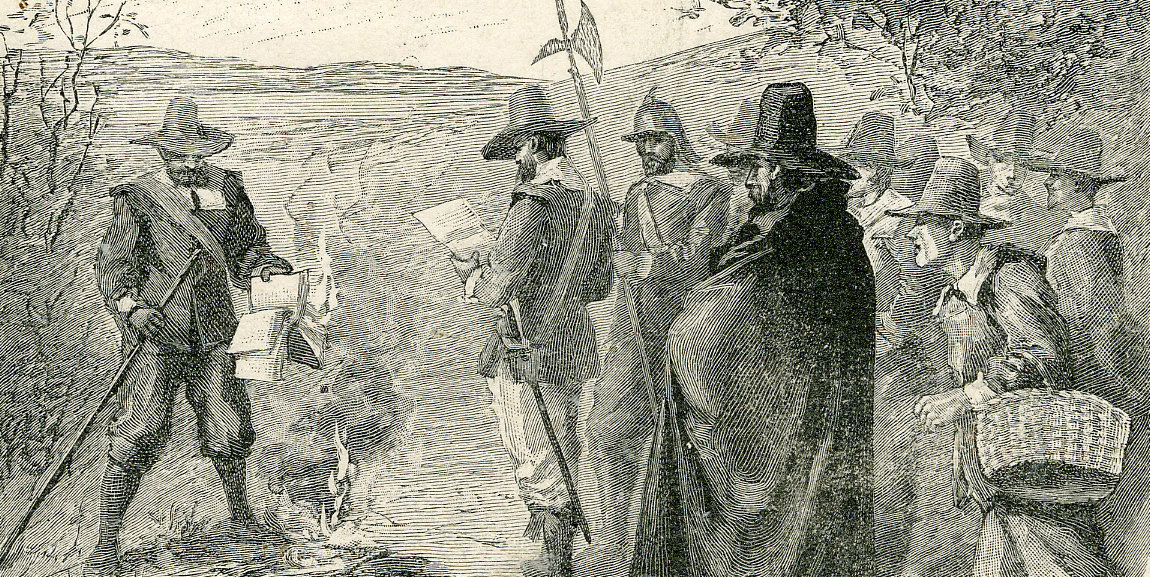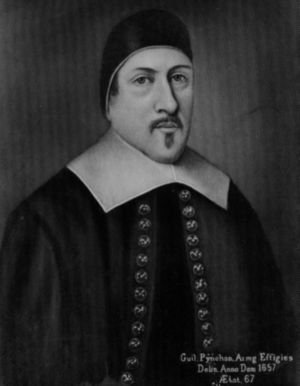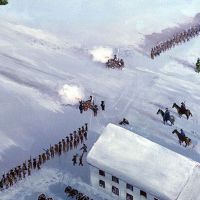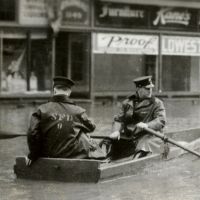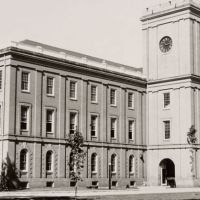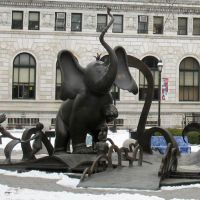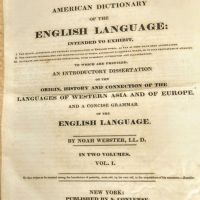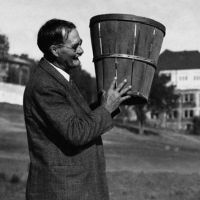Primary Source
The oldest document recorded at the Hampshire County Register of Deeds codified the "purchase" from the Agawam Indians by William Pynchon and two other English men of the land on which the towns of Springfield and Agawam were established.
A copy of a deed Whereby the Indians at Springfield made sale of certaine land on both sides the great River at Springfeild to William Pynchon Esq & Mr Henry Smith & Jehu Burr, for the Town of Springfield for ever.
Agaam
alias Agawan this fifteenth day of July, 1636
It is agreed between Commucke & Matanchan ancient Indians of Agaam for & in the name of al the other Indians, & in particular for & in the name of Cuttonus the right owner of Agaam & Quana, & in the Name of his mother Kewenusk the ?amasham or wife of Wenawis, & Niarum the wife of Coa, to & with William Pynchon, Henry Smith & Jehu Burr their heires & associates for ever to trucke & set at that ground & muckeosquittaj on medow, accomsick viz: on the other side of Quana; & at the ground & muckeosquittaj on the side of Agaam, except Cottinackeesh or ground that is now planted for ten Fatham of Wampam, Ten coates, Ten howes, Ten hatchets, & Ten knifes; and also the said ancient Indians with the Consent of Menis & Wrutherna & Napompenam - do trucke & set to William Pynchon, Henry Smith & Jehu Burr, & their Successors for ever, at that ground on the East side of Quinnecticot River called Usquaiok & Mayasset reaching about four or five miles in length, from the north end of Masaksicke up to Chickuppe River, for four fatham of wampam, four coates, four howes, four hatchets, four knifes: Also the said ancient Indians Does with the Consent of the other Indians, & in particular with the Consent of Machethood Wenepawin, & Mohemoos trucke & set the ground & Muckeosquittaj, & grounds adjoyning, called Masaksicke, for four fatham of wampam, four coates, four hatchets & four howes, & four knifes.
And the said Pynchon hath in hand paid the said eighteen fatham of wampam, eighteen coates, 18 hatchets, 18 howes, 18 knifes, to the said Commucke & Matanchan, & doth further condition with the Said Indians, that they shal have & enjoy all that Cottinackessh, or ground that is now planted; And have liberty to take Fish & Deer, ground nuts, walnuts akornes, & Sasashiminesh or a kind of pease, And also if any of the cattle spoile their corne, to pay as it is worth; & that hogs shal not goe on the side of Agaam but in akorne times: Also the said Pynchon doth give to Wrutherna two coates over & above the said Particulars expressed, & In Witness hereof the said Indians & the Rest, doe set to their hands, this present 15th day of July, 1636.
The marke of Menis
The marke of Machethood
The marke of Cuttonis
The marke of Kenir
The marke of Cominuk
The marke of Matanchan
The marke of Wesai alias Nepinam
marke Keckusneck
The marke of Wrutherna
The marke of Macossak
The marke of W
Wenewis
The marke of Coa


